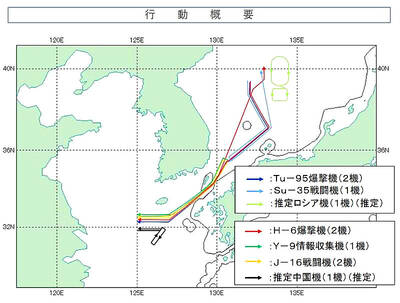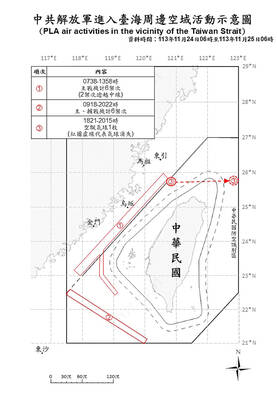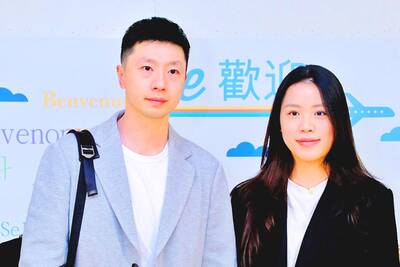The Taipei City Government, under pressure from city councilors, acknowledged on Tuesday that a number of trees and plants in the city’s parks have toxic fruit or leaves, and promised to stop planting them.
At a Taipei City Council hearing on Tuesday, Chinese Nationalist Party (KMT) Councilor Ouyang Lung (歐陽龍) said that 25 percent of the more than 800,000 trees and shrubs in Taipei have toxic fruit or leaves.
Those who come into contact with the leaves or eat the fruit may suffer from allergic reactions or develop symptoms such as dizziness and vomiting, Ouyang said.
Chen Chia-chin (陳嘉欽), the director of Taipei City’s Parks and Street Lights Office, said that 68 kinds of trees planted in city parks and along sidewalks have toxic elements.
The Odollam erberus tree, the Pagoda tree, the Chinese tallow tree and the paperbark were among those Chen said were potentially hazardous.
Chen said that people should not touch the leaves or eat the fruit of these trees and plants, but added that his office had no plans to remove them.
He said, however, that no more trees and plants that might pose a health hazard would be planted, and that the city would post warning signs near trees with poisonous leaves or fruit.
The Parks and Street Lights Office is responsible for the planning, construction and management of parks in Taipei.

Theaters and institutions in Taiwan have received 28 threatening e-mails, including bomb threats, since a documentary critical of China began being screened across the nation last month, the National Security Bureau said yesterday. The actions are part of China’s attempts to undermine Taiwan’s sovereignty, it said. State Organs (國有器官) documents allegations that Chinese government officials engage in organ harvesting and other illegal activities. From last month to Friday last week, 28 incidents have been reported of theaters or institutions receiving threats, including bomb and shooting threats, if they did not stop showing the documentary, the bureau said. Although the threats were not carried out,

The Mainland Affairs Council (MAC) on Friday condemned Chinese and Russian authorities for escalating regional tensions, citing Chinese warplanes crossing the Taiwan Strait’s median line and joint China-Russia military activities breaching South Korea’s air defense identification zone (KADIZ) over the past two days. A total of 30 Chinese warplanes crossed the median line of the Taiwan Strait on Thursday and Friday, entering Taiwan’s northern and southwestern airspace in coordination with 15 naval vessels and three high-altitude balloons, the MAC said in a statement. The Chinese military also carried out another “joint combat readiness patrol” targeting Taiwan on Thursday evening, the MAC said. On

‘GRAY ZONE’ TACTICS: China continues to build up its military capacity while regularly deploying jets and warships around Taiwan, with the latest balloon spotted on Sunday The US is drawing up contingency plans for military deployments in Japan and the Philippines in case of a Taiwan emergency, Japan’s Kyodo news agency reported. They would be incorporated in a first joint operation plan to be formulated in December, Kyodo reported late on Sunday, citing sources familiar with Japan-US relations. A US Marine Corps regiment that possesses High Mobility Artillery Rocket Systems — a light multiple rocket launcher — would be deployed along the Nansei Island chain stretching from Kyushu to Yonaguni near Taiwan, Kyodo said. According to US military guidelines for dispatching marines in small formations to several locations,

The Mainland Affairs Council (MAC) yesterday confirmed that Chinese students visiting Taiwan at the invitation of the Ma Ying-jeou Foundation were almost all affiliated with the Chinese Communist Party (CCP). During yesterday’s meeting convened by the legislature’s Foreign Affairs and National Defense Committee, Democratic Progressive Party (DPP) Legislator Michelle Lin (林楚茵) asked whether the visit was a way to spread China’s so-called “united front” rhetoric, to which MAC Deputy Ministry Shen You-chung (沈有忠) responded with the CCP comment. The MAC noticed that the Chinese individuals visiting Taiwan, including those in sports, education, or religion, have had increasingly impressive backgrounds, demonstrating that the